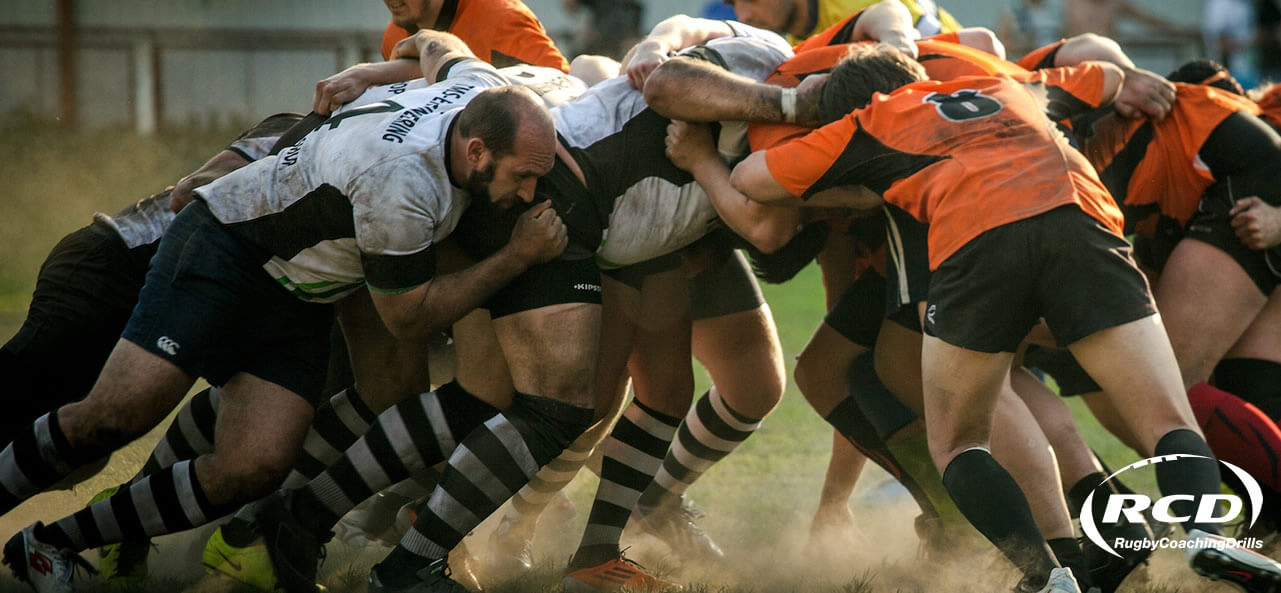
World Cup Coaching Philosophies!
As Japan plays host to the biggest show in rugby on the planet, we take a look at the styles of each coach, how they are approaching the tournament and preparing for the Asian conditions.
Over the course of the build up, coaches have been trying new approaches to best prepare their teams for the tournament.
The welsh team have been particularly innovative in their approach, using baby lotion and water on their rugby balls to replicate the humidity and reduced grip during games. Warren Gatland’s team have shown their adaptability on more than one occasion, adopting different approaches with injured lock, Corey Hill, to get him prepared for the first game. With an injury to his leg, they’ve had him doing skills work on his knees to take the pressure off of his minor fracture.
When preparing for big tournaments, coaches, regardless of their sport, have to adapt their approaches and adjust according to events, schedules and unforeseen circumstances. As a result, we see a variety of styles from elite coaches prior to major tournaments. Discover how the top coaches are going into the Rugby World Cup and what we can learn from them.
Who are the main contenders?
The 2019 Rugby World Cup is one of the most open it has ever been in the competition’s history. With six teams in with a shout of winning the Webb Ellis Trophy, and for the first time, none of the major teams will have a home advantage. The tournament will be particularly interesting to watch from a coaching perspective. As well as their specific tactics, each coach is renowned for their own unique coaching philosophy.
New Zealand are still the bookmakers favorites with coach Steve Hansen creating an environment where rivalries are encouraged to be fought out and it’s ok to make mistakes; so long as they’re learnt from. The All-Blacks always seem composed, unphased by the hype or when things go wrong. However, this time round, they’re not as dominant as they usually are going into a major tournament - they recently lost their world number one ranking spot to Wales and then Ireland after a 10-year reign.
Wales coach Warren Gatland believes in empowering his players too. He has a simple approach, aiming not to overload his players with too much information, instead focussing on fewer things and getting the details of each done really effectively.
Joe Schmidt’s implemented his master plan with his Ireland Squad in 2017, leading them to a Six Nations grand slam in 2018. They’ve seemingly been worked out by their opponents but despite this, they have been notoriously hesitant to deviate from what they know which may just hinder them in Japan.
In contrast, South Africa, England and New Zealand have been giving their wider squad more experience by drip feeding prospect players into their 1st XV and exposing them to top level rugby so they’re ready when called upon.
It's hard to know whether Ireland will have enough adaptability to win seven games in a row in Japan.
England Head Coach, Eddie Jones, has taken an experimental approach, in the build up to Japan. From a coaching philosophy point of view, Jones never lets players get comfortable in the team, believing that having strong competition within the squad is key. He is also known for rarely being content with his teams performance, demanding an extra 5%.

Strong contenders, South Africa, have been built from an all-time low in 2017 where they only won 11 of 25 tests, to winning the Rugby Championship in 2019. Rassie Erasmus their coach managed to instilled belief, confidence and experience in his squad but will this be able to take them all the way in Japan?
With each coach stamping their mark on their squads, the race for the Webb Ellis Cup is sure to be an intense battle with each team bringing their own style in pursuit of becoming world champions.
How to get prepared for your tournament?
We’ve seen how a variety of coaches styles work, whether they have a democratic approach, laissez-faire or all out autocratic, each style can work if the group of players and situation is right. Think about your group of players, their experience and ability? Think about how long you have until your tournament? Settle on what your would class as a success in the tournament. Once you have determined how your team will best react and what your goals are, you can determine the most effective style to adopt.

